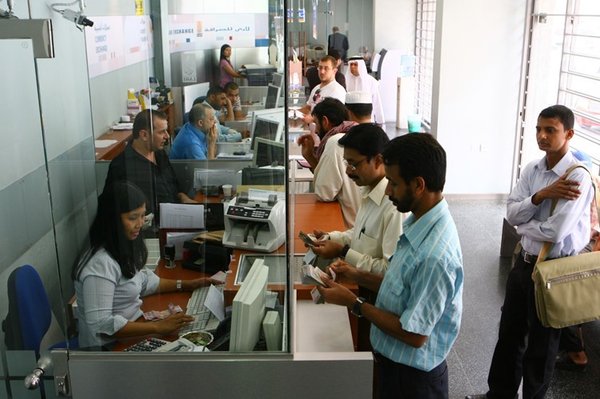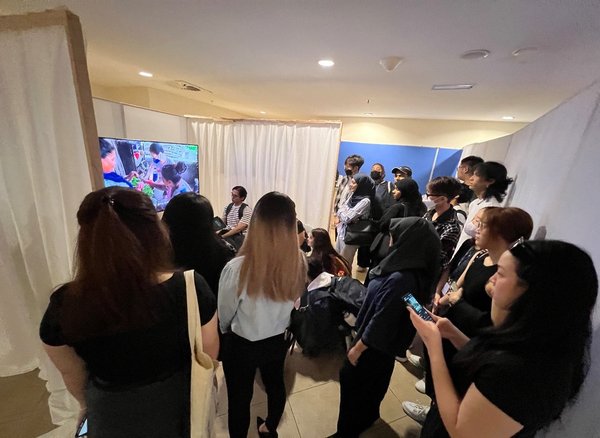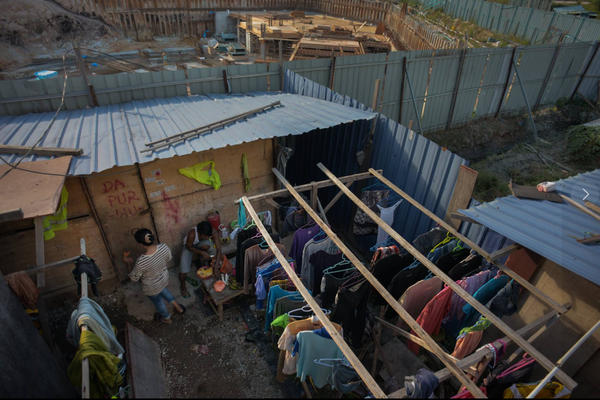
“Calling home.” Nepali migrants in Kuala Lumpur. Photo by Sydney Chan.
Abstract
This article discusses remittances and the practice of care by migrants along the Nepal-Malaysia corridor. From the findings, it is evident that the choice to migrate is directly linked to remittances, fortifying the notion that the act of sending money home is a dominant practice of care. Respondents in the research remit at least 50 per cent of their monthly salaries to their home countries, mainly used for food and shelter, as well as to service debts. Besides these immediate outcomes, sending remittances reinforces migrants’ and their dependents’ sense of hope and confidence to improve livelihoods across generations; the high rate of investment in migrants’ children’s education is a reflection of this. However, these expectations and aspirations have been challenged during the recent COVID-19 pandemic. Some migrants had to experience varying degrees of salary deductions, non-payments or salary withholding, limiting their ability to contribute via remittances and triggering a reassessment of the opportunity costs of being apart from their families.



